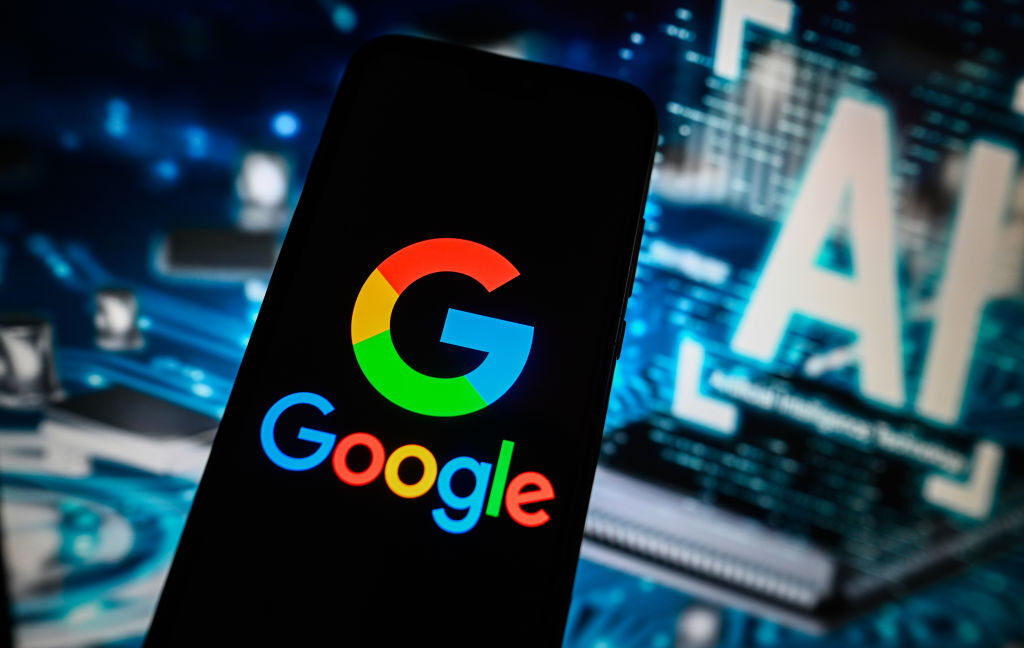Google got some disappointing news at a status conference Tuesday, where US District Judge Amit Mehta suggested that Google's AI products may be restricted as an appropriate remedy following the government's win in the search monopoly trial.
According to Law360, Mehta said that "the recent emergence of AI products that are intended to mimic the functionality of search engines" is rapidly shifting the search market. Because the judge is now weighing preventive measures to combat Google's anticompetitive behavior, the judge wants to hear much more about how each side views AI's role in Google's search empire during the remedies stage of litigation than he did during the search trial.
"AI and the integration of AI is only going to play a much larger role, it seems to me, in the remedy phase than it did in the liability phase," Mehta said. "Is that because of the remedies being requested? Perhaps. But is it also potentially because the market that we have all been discussing has shifted?"
To fight the DOJ's proposed remedies, Google is seemingly dragging its major AI rivals into the trial. Trying to prove that remedies would harm Google's ability to compete, the tech company is currently trying to pry into Microsoft's AI deals, including its $13 billion investment in OpenAI, Law360 reported. At least preliminarily, Mehta has agreed that information Google is seeking from rivals has "core relevance" to the remedies litigation, Law360 reported.
The DOJ has asked for a wide range of remedies to stop Google from potentially using AI to entrench its market dominance in search and search text advertising. They include a ban on exclusive agreements with publishers to train on content, which the DOJ fears might allow Google to block AI rivals from licensing data, potentially posing a barrier to entry in both markets. Under the proposed remedies, Google would also face restrictions on investments in or acquisitions of AI products, as well as mergers with AI companies.
Additionally, the DOJ wants Mehta to stop Google from any potential self-preferencing, such as making an AI product mandatory on Android devices Google controls or preventing a rival from distribution on Android devices.
The government seems very concerned that Google may use its ownership of Android to play games in the emerging AI sector. They've further recommended an order preventing Google from discouraging partners from working with rivals, degrading the quality of rivals' AI products on Android devices, or otherwise "coercing" manufacturers or other Android partners into giving Google's AI products "better treatment."
Importantly, if the court orders AI remedies linked to Google's control of Android, Google could risk a forced sale of Android if Mehta grants the DOJ's request for "contingent structural relief" requiring divestiture of Android if behavioral remedies don't destroy the current monopolies.
Finally, the government wants Google to be required to allow publishers to opt out of AI training without impacting their search rankings. (Currently, opting out of AI scraping automatically opts sites out of Google search indexing.)
All of this, the DOJ alleged, is necessary to clear the way for a thriving search market as AI stands to shake up the competitive landscape.
"The promise of new technologies, including advances in artificial intelligence (AI), may present an opportunity for fresh competition," the DOJ said in a court filing. "But only a comprehensive set of remedies can thaw the ecosystem and finally reverse years of anticompetitive effects."
At the status conference Tuesday, DOJ attorney David Dahlquist reiterated to Mehta that these remedies are needed so that Google's illegal conduct in search doesn't extend to this "new frontier" of search, Law360 reported. Dahlquist also clarified that the DOJ views these kinds of AI products "as new access points for search, rather than a whole new market."
"We're very concerned about Google's conduct being a barrier to entry," Dahlquist said.
Google could not immediately be reached for comment. But the search giant has maintained that AI is beyond the scope of the search trial.
During the status conference, Google attorney John E. Schmidtlein disputed that AI remedies are relevant. While he agreed that "AI is key to the future of search," he warned that "extraordinary" proposed remedies would "hobble" Google's AI innovation, Law360 reported.


